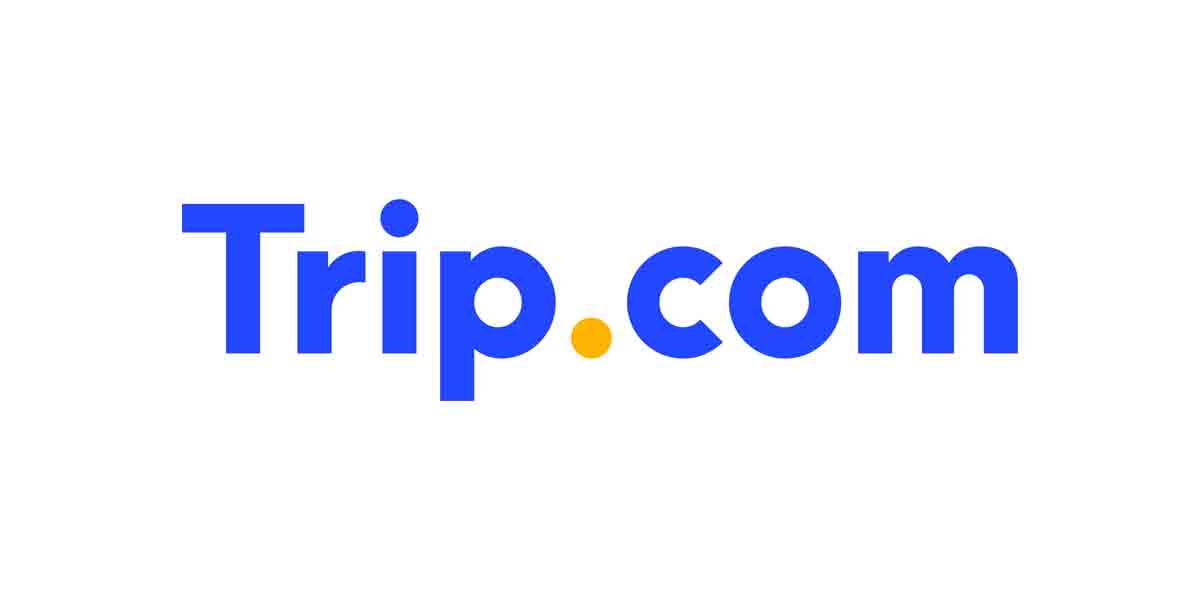Filipinos spent a staggering 1.54 billion seconds—roughly equivalent to 49 years—using non-bank digital lending apps in 2024, as usage surged across the country’s growing fintech landscape, according to new data from digital loan provider Digido.
The analysis, which tracked 47 Securities and Exchange Commission (SEC)-registered digital lending applications in the Philippines, revealed that personal loans dominated user activity, accounting for 76.4% of all time spent.
This was followed by buy now, pay later (BNPL) services at 21.4%, and installment loan platforms at just 2.2%, underscoring the enduring appeal of flexible, fast-access personal loans.
Usage of digital lending apps rose 16% year-on-year, showing consistent upward momentum even as the fintech market becomes increasingly saturated.
According to Digido, the number of downloads increased by 42.4%, climbing from 89.66 million in 2023 to 127.69 million in 2024, with much of the traction driven by personal loan platforms.
Unique users of these apps jumped by 43%, from 47.46 million to 67.84 million, while the number of active users rose 53%, from 7.7 million to 11.78 million in the same period.
On average, each active user spent 12 minutes and 14 seconds per month using lending apps, with each session averaging 58 seconds, reflecting fast-paced decision-making habits.
“Non-bank, digital-forward lenders maintain their current market growth rates despite the already high level of fintech penetration and saturation of offerings,” said Rose Arreco, Digido’s business development manager.
“Personal loans, in particular, remain a key driver of this industry due to its flexibility, ease of access, and competitive rates,” Arreco added.
She said the sustained rise in downloads, app usage, and consumer engagement shows a strong appetite for accessible, app-based credit—especially among Filipinos traditionally underserved by conventional banking.
Arreco emphasized the role of digital lending platforms in promoting financial inclusion, allowing more Filipinos to access short-term credit for personal needs, small businesses, emergencies, or education.
But with rapid growth comes the risk of misuse and fraud.
“We continue to implore the general public to transact with online lending platforms that are duly registered with the SEC, as well as thoughtfully study the terms and conditions before proceeding with any loan transaction,” Arreco warned.
According to the BSP’s Financial Inclusion Dashboard, around 56% of Filipino adults are formally banked, but millions still rely on informal lenders or digital-only platforms for immediate financing.
The rise of fintech lenders, particularly in the non-bank sector, has become a critical stopgap, especially as inflation pressures household budgets and access to formal bank credit remains limited for low-income groups.
Industry analysts say digital lenders will likely continue evolving their platforms with AI-driven credit scoring and more personalized loan offers to capture a broader customer base.
The Philippine SEC regularly updates its list of authorized online lending platforms and has cracked down on unregistered or abusive operators, stressing the need for consumer education and responsible borrowing practices.






















